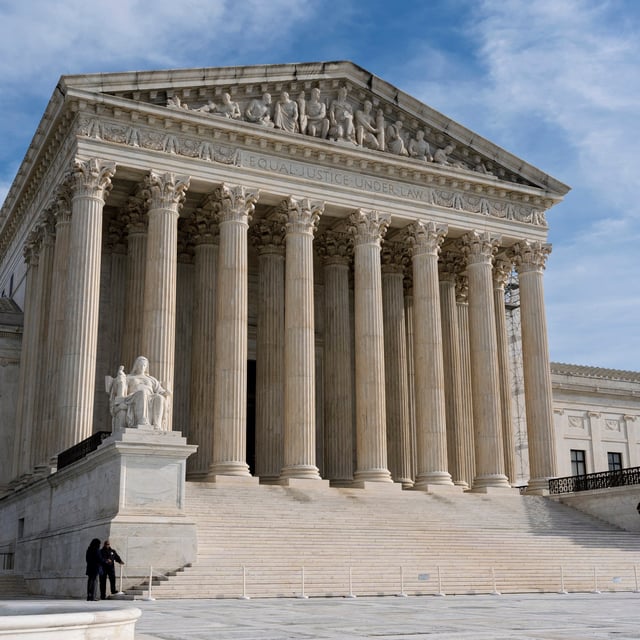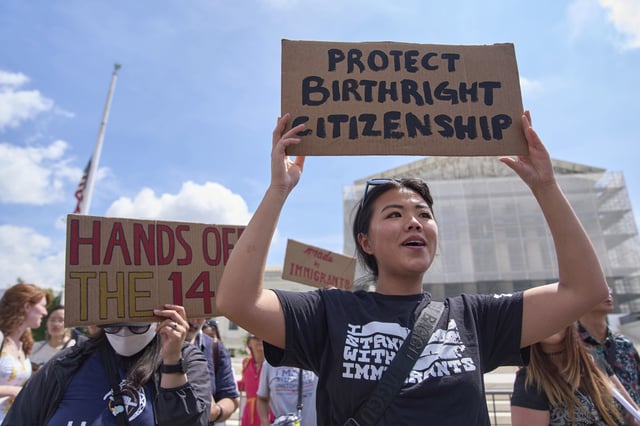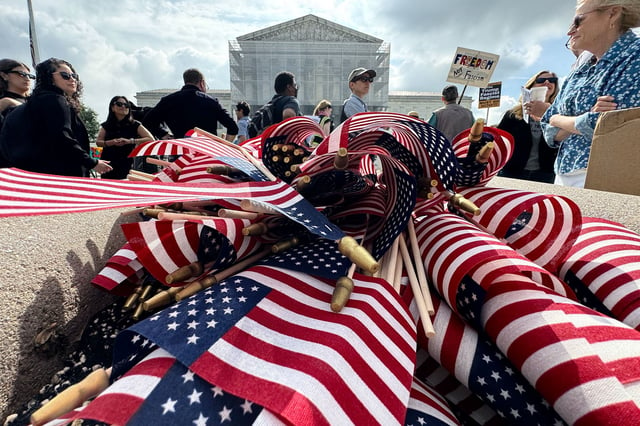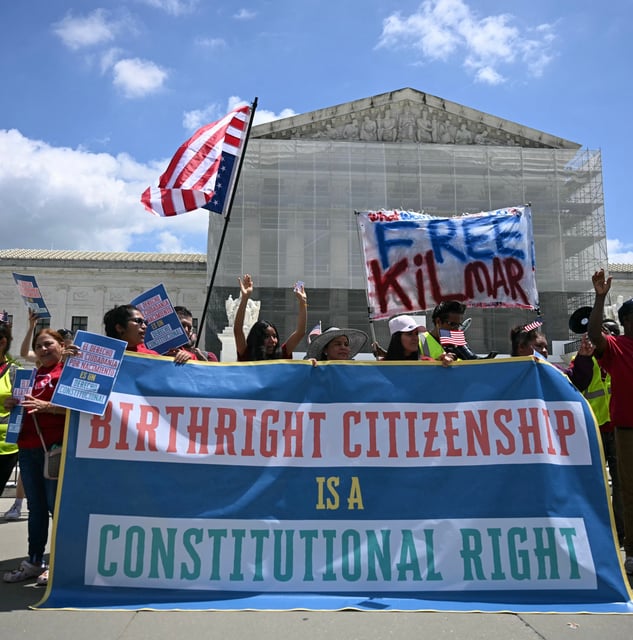Overview
- The Supreme Court heard arguments on President Trump’s January executive order seeking to end birthright citizenship for children of noncitizen parents, a move blocked by multiple lower courts as unconstitutional.
- The Trump administration argued that nationwide injunctions issued by federal judges overstep judicial authority and requested that injunctions be limited to the litigants and jurisdictions involved in the lawsuits.
- Several justices expressed skepticism about the executive order’s legality, citing conflicts with the 14th Amendment and over 125 years of legal precedent, including the landmark 1898 Wong Kim Ark decision.
- Concerns were raised about the potential for a patchwork of citizenship laws if injunctions were limited, with some justices warning this could leave thousands of children stateless or without consistent legal protections.
- A decision on the scope of injunctions and whether to temporarily allow parts of the executive order to take effect is expected by the end of June, though the broader constitutional question remains unresolved.



